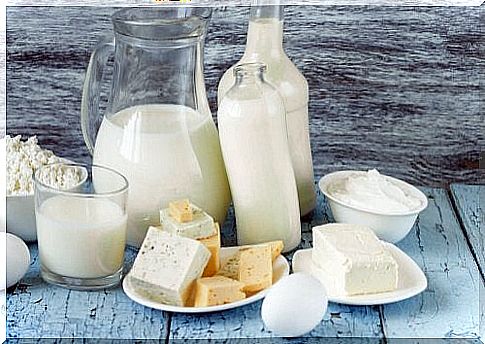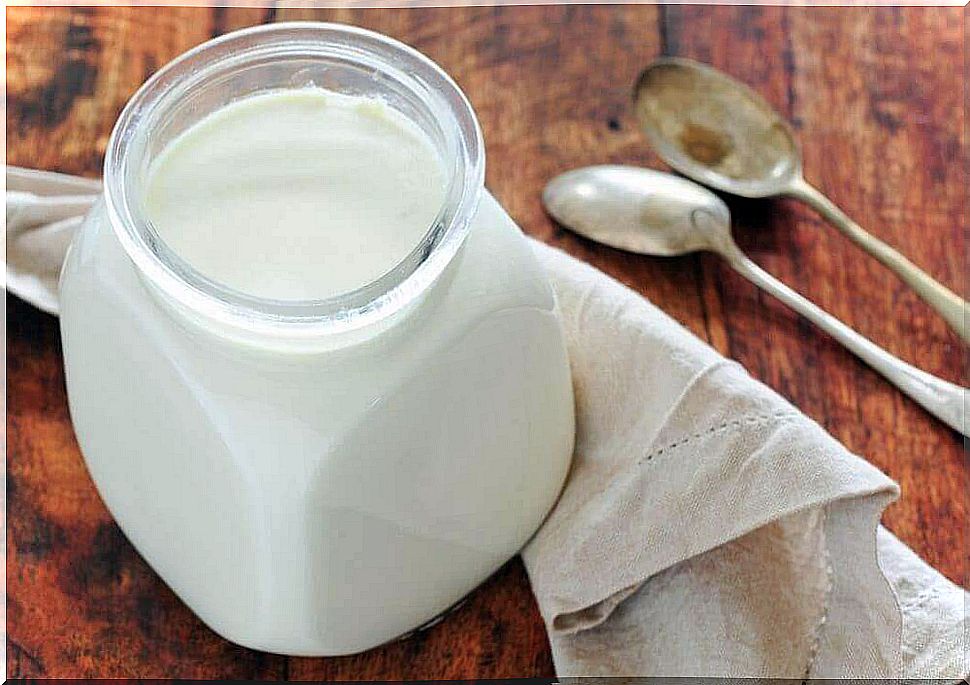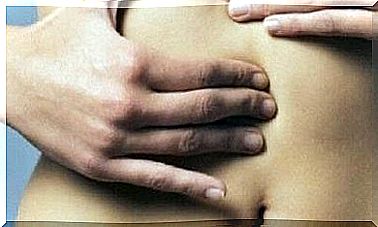Which Dairy Products Are Low In Lactose?

What is lactose and which dairy products are low in lactose?
The sugar in milk and dairy products is lactose. If someone is lactose intolerant, it means that their intestines cannot break down this disaccharide. This is caused by a deficiency of lactase, which is normally produced in the lining of the small intestine.
Types of intolerance
In general, there are three different forms of lactose intolerance:
Primary: In this type, the production of lactase decreases. This is because the body does not get enough lactose. This reduces the production of the enzyme lactase. It is common in Asian countries, as well as in Africa and South America.
Secondary: This is caused by possible damage to the intestinal mucosa or a reduction in the absorption surface. This time of illness is transient and depends on other illnesses such as parasites or intestinal inflammation.
Congenital defect: In this case, the small intestine does not produce lactase and this becomes apparent within the first week after birth.
Symptoms

It is important to know the symptoms that may appear after drinking milk, such as:
- Stomach ache
- Flatulence
- Diarrhea
- Nausea
- abdominal distention
A large percentage of people worldwide are affected by lactose intolerance. However, lactose intolerance is not considered a serious condition in many countries.
There are those who need to completely eliminate dairy products from their diet. Meanwhile, others simply need to consume less lactose to avoid problems.
Which dairy products are low in lactose?
Probiotic yogurt

Because probiotic yogurt goes through a fermentation process, the amount of lactose is much lower than in other dairy products. Its ingredients include lactobacillus and electrococcus, making it a probiotic product.
This yogurt contains about 25% less lactose. This, of course, makes it ideal for people who are lactose intolerant. In addition, the acidic bacteria help to break down this enzyme. Better yet, this yogurt provides vitamins, minerals, and essential fats.
hard cheese
Hard cheeses undergoing a fermentation process are responsible for breaking down the lactose into other elements. Below is a list of cheese you can eat:
- Cured Cheeses: Cheeses that go through this process lose lactose. However, people who can tolerate casein can eat them without any problems. These are, for example, Gouda, Parmesan and Gruyere.
- Semi-hard cheeses: Yes, they contain lactose, but in small amounts. Therefore, there is often no problem if you are lactose intolerant to eat a small amount of this. For example, you can try manchego or camembert.
Fresh cheeses are not recommended to eat if you are lactose intolerant. These cheeses contain about 3% lactose. These are, for example, cottage cheese and mozzarella.
Butter

You can’t just eat butter. In order for it to be low in lactose, it must come from milk fat. This type contains about 0.01 grams of lactose per tablespoon.
This is because during the preparation process the milk is separated into watery and fatty components. Lactose is a water-soluble molecule, which means it is easy to remove. Therefore, it is usually not a problem unless you eat a lot of it.
Recommendations
- Don’t avoid dairy products unless you have a good substitute for vitamin D and calcium so you don’t develop osteoporosis.
- Increase your fiber intake to improve digestion.
- Check the label of products and choose ones that are lactose-free.
- Pay attention to medication, as some pills contain lactose as a filler.
- Include legumes, nuts and soy in your diet as they are rich in calcium.
- The body tolerates lactose better if you eat it with other foods.
- Avoid dairy-based desserts. Even better, make them yourself and substitute milk for rice milk or oat milk.
- You can consume oat milk, rich milk, almond milk or soy milk.
Finally, remember that if you notice a reaction in your abdomen after taking milk (products), you should consult a specialist. It’s the only way to find out how serious the problem is.
Do not start self-medicating!








